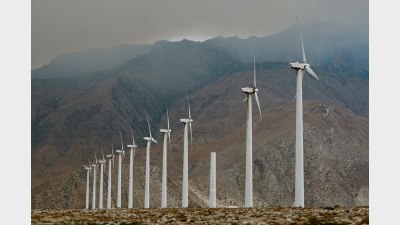Juukan Gorge Cave destruction prompts HESTA to seek change


HESTA has called for the mining and energy industries to adopt consistent principles for engaging with Indigenous communities after investors were “dismayed” at the destruction of Juukan Gorge Caves by Rio Tinto.
HESTA said it was embarking on a direct engagement program that would focus on understanding how companies have properly assessed and mitigated risks, how closely this aligned to their public statements and where the accountability for these actions rested. The results of meetings would inform how the fund could use shareholder resolutions or voting to seek change.
HESTA chief executive, Debby Blakey, said what happened with Rio Tinto was a “wake-up call for all investors” and was the catalyst for the fund to assess company performance in this area and how it could more effectively advocate for legislative and regulatory change.
“Not only was priceless heritage destroyed and the costs borne by shareholders as a result, but we had believed this risk to be well managed in our portfolio,” she said.
“This has prompted us to renew our focus on ensuring fair and sustainable outcomes for indigenous communities and companies.
“Global investors like HESTA are concerned that engagement with traditional owners is well managed wherever companies operate.”
HESTA released a Statement on Working with Indigenous Communities that detailed its investor expectations around how companies managed risks associated with indigenous heritage protection issues and had written to 14 Australian mining and energy companies.
“Through this statement we also hope to encourage collective investor action to amplify the positive impact we can have here in Australia and internationally,” Blakey said.
The statement, HESTA said, was based on the principle that indigenous peoples own and determine the value of their tangible and intangible heritage and controlled that heritage and determined who had access to it.
“Investors expect companies to think strategically about future opportunities and risks that may impact their businesses. Likewise, they should also be thinking about how changing societal expectations may impact their decisions around heritage and community engagement,” Blakey said.
Recommended for you
The property group, owned by industry super fund Aware Super, has announced two new projects with a total construction value of $320 million that will add more than 700 homes to Melbourne’s rental market.
While institutional investors, including super funds, unanimously acknowledge the energy transition as a significant challenge, their perspectives on the extent of their involvement in addressing the substantial capital requirements vary widely.
Despite a period of increased volatility, several considerations suggest that the bull market will remain intact and the trend in shares will remain up, an economist has suggested.
HESTA has slammed Woodside’s climate transition action plan, pointing to “significant” gaps.












Add new comment